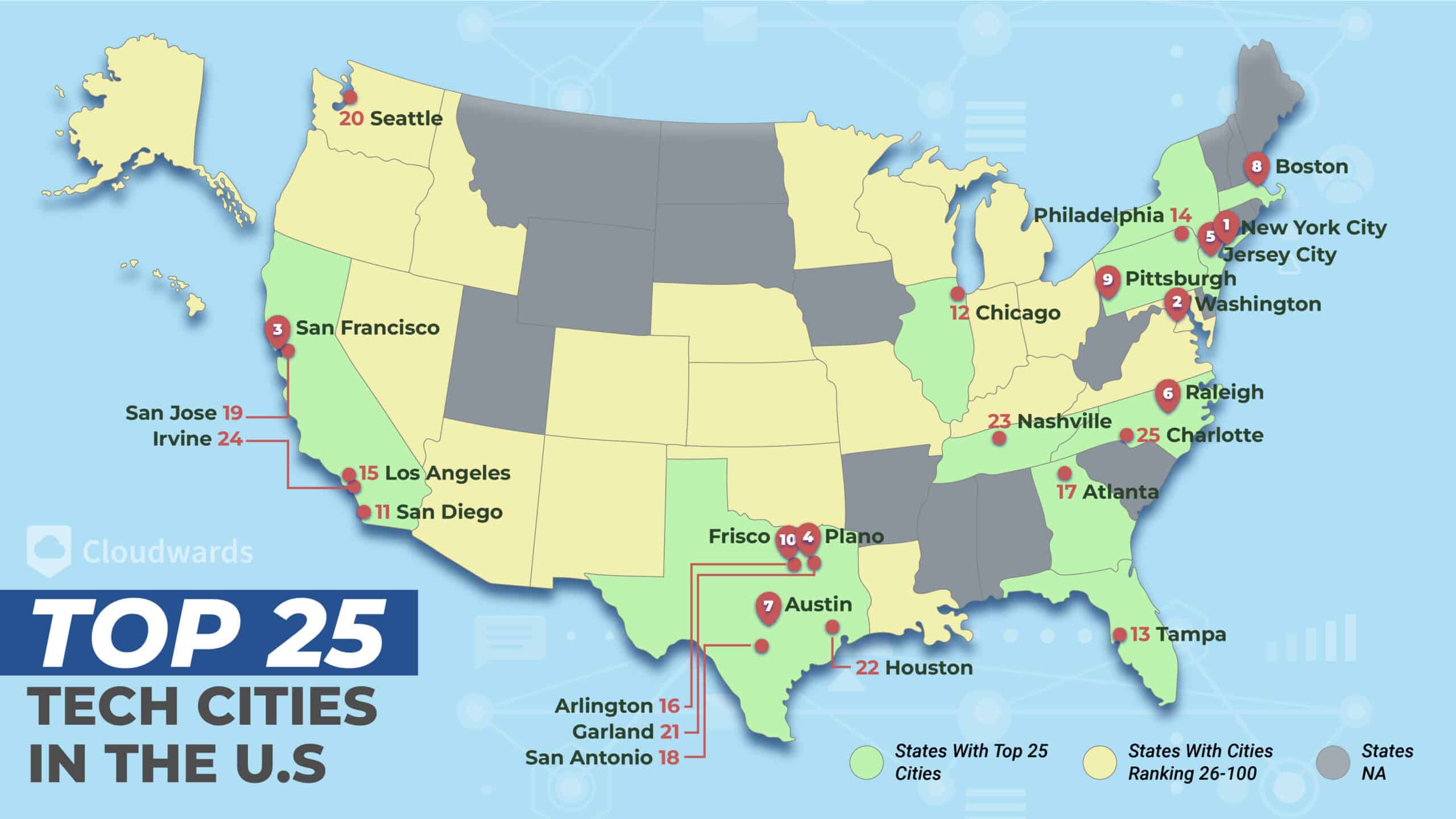8 Houston entrepreneurs recognized on annual EY awards program
regional winners
Eight Houston-area entrepreneurs have been named regional winners in Ernst & Young’s 2024 Entrepreneur Of The Year program.
The eight entrepreneurs are among 16 recipients of EOY’s Gulf South Award, which recognizes leaders of high-growth companies in Central Texas, South Texas, Louisiana, and Mississippi.
A panel of judges chose the winners based on factors such as:
- Creation of long-term value through entrepreneurship.
- Commitment to the purpose of their business.
- Demonstration of growth and “substantial impact.”
“The 2024 Entrepreneur Of The Year Gulf South Award winners are exceptional business leaders fueling innovation within their industries and growth within their companies,” says Anna Horndahl, an EY partner who is co-director of EOY’s Gulf South program.
The Houston area’s Gulf South winners for 2024 are:
- Hal Brumfield of Tachus Fiber Internet, a provider of fiber-to-the-home internet service based in The Woodlands.
- Stuart Hinchen and Peter Jenkins of QuVa Pharma, a Sugar Land-based provider of ready-to-administer injectables.
- Andrew Levy of Avelo Airlines, a low-cost airline based in Houston.
- Derek Maetzold of Castle Biosciences, a Friendswood-based provider of diagnostic tests.
- Shannon Payne of Allied Fire Protection, a Pearland-based provider of fire prevention products and services.
- John Poindexter of JB Poindexter & Co., a Houston-based provider of automotive and manufacturing goods and services.
- Ting Qiao of Wan Bridge, a Houston-based developer and operator of build-to-rent communities.
“These entrepreneurs are shining examples of how to lead a scaling business and also care for their employees, customers and communities,” says Travis Garms, an EY partner who is co-director of EOY’s Gulf South program.
The regional winners now qualify for consideration in the EOY national awards program. The national awards are scheduled to be presented in November.


 Apple doubles down on Houston with new production facility, training center Photo courtesy Apple.
Apple doubles down on Houston with new production facility, training center Photo courtesy Apple.